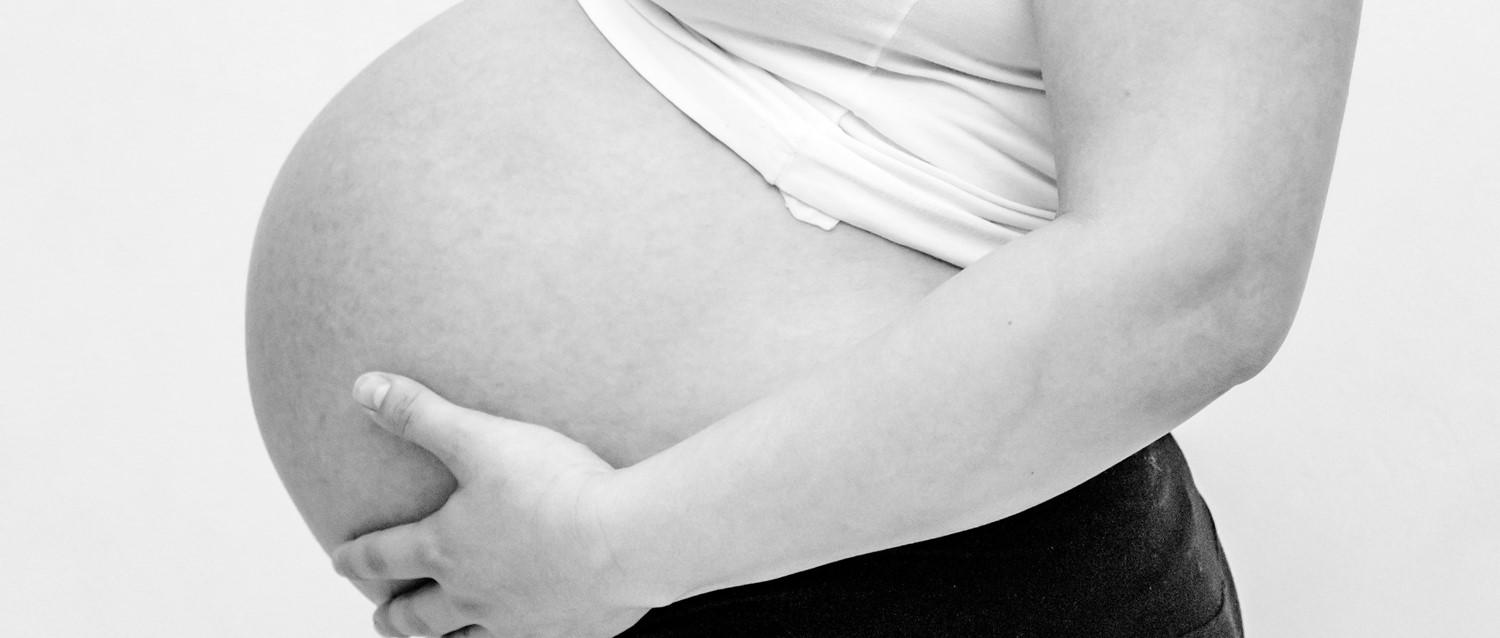
How to be a supportive birth partner during childbirth
Peer reviewed by Dr Sarah Jarvis MBE, FRCGPLast updated by Lydia SmithLast updated 9 Dec 2021
Meets Patient’s editorial guidelines
- DownloadDownload
- Share
- Language
- Discussion
Whether it's your partner, friend or daughter due to give birth, being asked to be a birth partner is an honour. However, providing practical and emotional support during labour can be a daunting role too.
In this article:
Video picks for Labour and childbirth
Continue reading below
What is a birth partner?
A birth partner is someone who is usually close to the pregnant person, such as a partner, trusted friend or relative, who can offer support during the birth experience. Some people hire a doula, who can give emotional and practical support before, during and after childbirth. Although they may have lots of experience of childbirth, they may not necessarily have medical training.
The role of the birth partner varies widely. It can mean keeping the birther calm, fetching them food and drink or advocating for them - communicating what they want or need during labour.
"Birth partners are a huge part of the experience of having a baby. It is very important when preparing to give birth that people feel that their birth partner is prepared, confident and readily able to attend the birth," says Alix Taylor, who co-runs the hypnobirthing organisation The Birth Uprising.
Hypnobirthing teaches relaxation techniques such as visualisation, breathing and mindfulness to improve the experience of labour and birth. It also provides practical information about labour and recovery.
Studies have suggested that informed birth partners can vastly improve the birth experienced by bridging communication gaps between health workers and women, which can boost confidence. Research has also shown that companions can reduce instances of interventions and improve outcomes for childbirth too.
What does a birth partner do?
Back to contentsThere is no 'one-size-fits-all' approach to being a birth partner. For some women, the emphasis will be on providing emotional support in the form of calming words, breathing techniques and encouragement. For others, a birth partner is there to ensure their preferences are communicated and acknowledged.
"What makes a good birth partner will vary massively depending on what it is that the person who is pregnant would like," says Taylor. "For example, someone who likes everything 'just so' or who is very tidy and organised may need to feel like someone else is confidently taking on that role for them to be able to relax.
"This could be the birth partner having a checklist to go through to ensure nothing is missed, having the baby's things nicely organised so that items can be found easily or keeping the birthing space neat and tidy," she adds.
Others may need their birth partner to offer primarily emotional support, to help them if they feel anxious or if they experience any changes in circumstances.
Finally, some birthers may wish for their birth partner to be their advocate and their 'rational brain' throughout labour, Taylor adds. "When we are with professionals, it's common to struggle to speak up for ourselves and ask questions to get more information without feeling like a nuisance," she says. "A birth partner may be in charge of sourcing information and helping to talk things through."
Continue reading below
Tips for birthing partners
Back to contentsBe honest
It is a privilege to be someone's birth partner, but not everyone will be comfortable with the idea. It's essential to be honest and upfront with the person giving birth, so they can organise alternatives or work through any worries with you.
"This might go as far as not wanting to do it at all, but it could also be in terms of their willingness to carry out certain aspects of the role. If a birth partner doesn't feel competent with an element that is important to the birther, then all is not lost," says Taylor.
Some people may choose to have a couple of birth partners who are confident in different aspects of support. For example, one person may help with practical tasks and another may offer emotional guidance.
Stay calm
Staying calm is crucial. Witnessing childbirth can be a very intense and stressful experience, but the focus needs to be on the person in labour and their needs. Rather than pretending to be calm, it can be more helpful for birth partners to process any fears and anxieties beforehand, says Taylor. This will mean they feel more confident in their role.
"How a birth partner feels will impact the birther," she says. "We have all been in a room with someone stressing out and felt ourselves become panicked too."
Manage discussions
The birth partner may also need to manage any discussions around the birther's care during labour. "This may mean asking care providers to elaborate when they give recommendations, asking for the risks and benefits, or requesting time to discuss things privately," says Taylor.
"The birther may not feel able to advocate for themself in the throes of labour and so they will need you to get as much information as possible and help them to process this to help make a decision."
Find out what the birther needs
Birth partners should focus on what the person giving birth wants and how to support them. This can mean developing a birth plan together, finding out where they want to give birth and if they are OK with certain obstetric interventions. It's important for the birth partner to understand the reasoning behind the birther's preferences.
"A birth partner can help with this by making sure that they are involved in as much preparation for the birth as possible," says Taylor. "If the birther is attending antenatal classes then this should be something that the birth partner does as well wherever possible."
During the birth, partners may also want to keep notes of key events, including contraction times and location changes. They can also help to manage the environment by keeping the space calm and quiet.
Look after themselves
Finally, it's important for birth partners to look after themselves too. This can mean getting rest when possible, eating, staying hydrated and speaking to trusted friends or family members if they are stressed.
Ultimately, a birth partner can only support a birther properly if they are healthy and relaxed. Self-care is key and the aircraft analogy is fitting - it's important to put on your own oxygen mask first, before helping someone else with theirs.
Be aware of their role in an emergency
It's also crucial for the birth partner to be aware of their role if the birther experiences an emergency or has to have an unplanned caesarean. The birther should discuss with their birth partner whether there are circumstances in which they want them to step forwards or backwards. For example, if the birther wants medical staff to take charge in the likelihood of a serious complication. It's important for the birther and the partner to talk through the birth plan to include every eventuality.
Patient picks for Labour and childbirth

Pregnancy
How to help your C-section recovery
When you’re adjusting to life with a baby and juggling milk and nappies, it can be easy to forget you had major surgery if you had a caesarean section. Recovering from any birth can be difficult, but healing after a C-section comes with unique challenges. So what can you do to help the healing process?
by Lydia Smith

Pregnancy
What it's like to give birth on Christmas Day
Being of the male persuasion, I’m not technically qualified to offer an opinion on what it’s like to give birth on 25th December, or any other day for that matter. However, as a father who spent Christmas 2013 supporting my wife through the delivery of our first child, I do have a little experience.
by Danny Chadburn
Continue reading below
Article history
The information on this page is peer reviewed by qualified clinicians.
9 Dec 2021 | Latest version

Ask, share, connect.
Browse discussions, ask questions, and share experiences across hundreds of health topics.

Feeling unwell?
Assess your symptoms online for free
Sign up to the Patient newsletter
Your weekly dose of clear, trustworthy health advice - written to help you feel informed, confident and in control.
By subscribing you accept our Privacy Policy. You can unsubscribe at any time. We never sell your data.